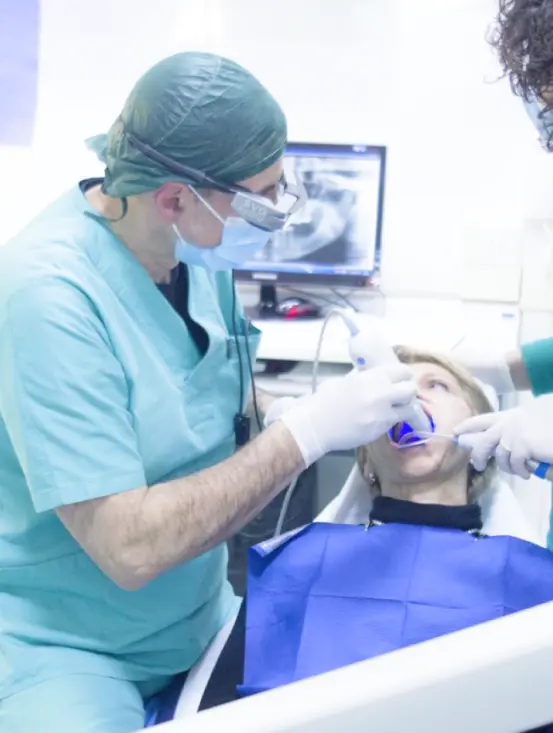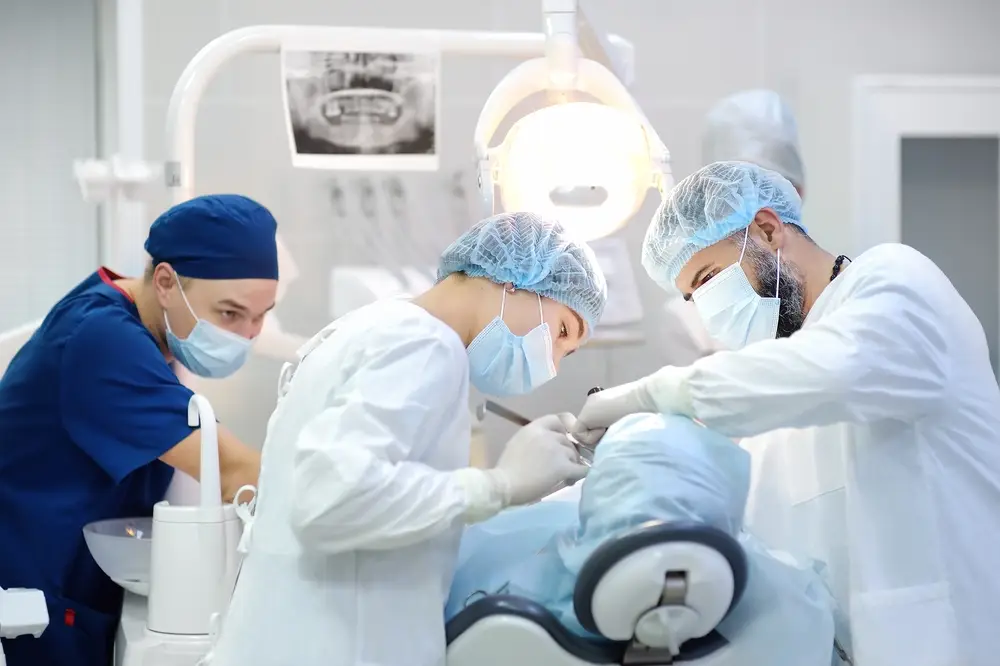
What is
Orthognathic Surgery?
orthognathic surgery , also known as jaw surgery, is performed when a patient’s jaws are in an improper position. To perform orthognathic surgery , the doctor carefully cuts the bone and moves the jaw into the right position.
To determine the correct position for orthognathic surgery, your doctor will utilize various diagnostic methods such as photos, x-rays, and 3D scans of your jaw, mouth, and face. These tools help precisely measure the necessary adjustments to achieve a perfect bite.
Typically, incisions are made inside the mouth to avoid visible scars on the patient's face. If facial cuts are necessary, they are usually performed along natural skin creases. Once the doctor has determined the correct jaw position, small bone plates will be securely attached to the patient's jaw.
Orthognathic surgery is an effective method for correcting open bite with orthognathic surgery and TMJ pain addressing in the long term. Depending on your specific needs, your orthodontist may also recommend lingual braces or other types of braces to aid in the alignment of your temporomandibular joints (jaw joints) and move the teeth into their correct positions. This comprehensive approach ensures that your bite is not only functionally improved but also aesthetically enhanced.




